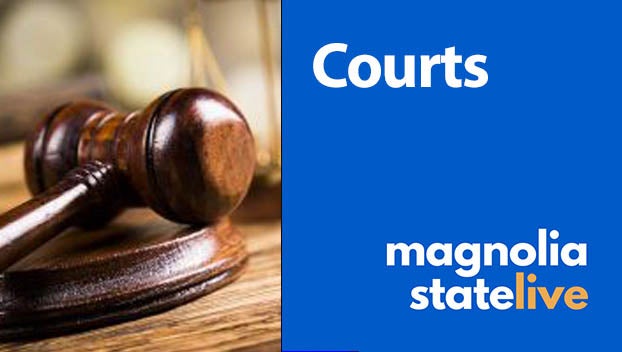Mississippi Supreme Court justices hear ‘difficult’ dispute over budgeting
Published 6:02 pm Tuesday, November 10, 2020
Mississippi Supreme Court justices heard arguments Tuesday in a dispute between the governor and some top lawmakers over who has certain powers in setting the state budget.
Chief Justice Michael Randolph did not say when the court might rule, but he noted that both sides requested a speedy decision.
“These are difficult questions. We have a lot of work to do,” Randolph said after listening to attorneys for more than an hour.
The rift started after Republican Gov. Tate Reeves vetoed parts of two budget bills in July.
House Speaker Philip Gunn and Speaker Pro Tempore Jason White — also Republicans — sued the governor in August, saying he had encroached on legislators’ power to make budget decisions.
A Hinds County chancery judge ruled in September that the governor had overstepped his constitutional power, and the governor asked the Supreme Court to consider the case.
Andy Taggart, an attorney representing Gunn and White, told justices that the Mississippi Supreme Court has ruled in three previous cases that a governor may not issue a partial veto to erase conditions that lawmakers put on state spending.
“What the governor did in the purported partial veto message … is exercise his legislative judgment and purport to substitute it in place of the judgment of the Legislature,” Taggart said.
Reeves’ attorneys said in written arguments that his partial vetoes were different than those by previous governors because Reeves’ predecessors had tried to veto conditions on spending. They wrote the Reeves vetoed “distinct” parts of spending, not conditions on it.
“We think it’s very clear that the governor was careful in his veto,” Michael Bentley, an attorney representing Reeves, told justices Tuesday.
The state budget year began July 1, and Reeves issued his partial vetoes a week later.
He struck down multiple sections of House Bill 1700, the education budget bill, because it did not include nearly $25 million for the school recognition program that provides bonus pay for teachers in public schools that show significant improvement or that maintain high performance.
The other partial vetoes were in House Bill 1782, which allocated federal coronavirus relief money to various agencies.
When legislators were briefly in session in August, they overrode Reeves’ partial veto of the education budget bill. They then passed a separate bill to put money into the school recognition program.






